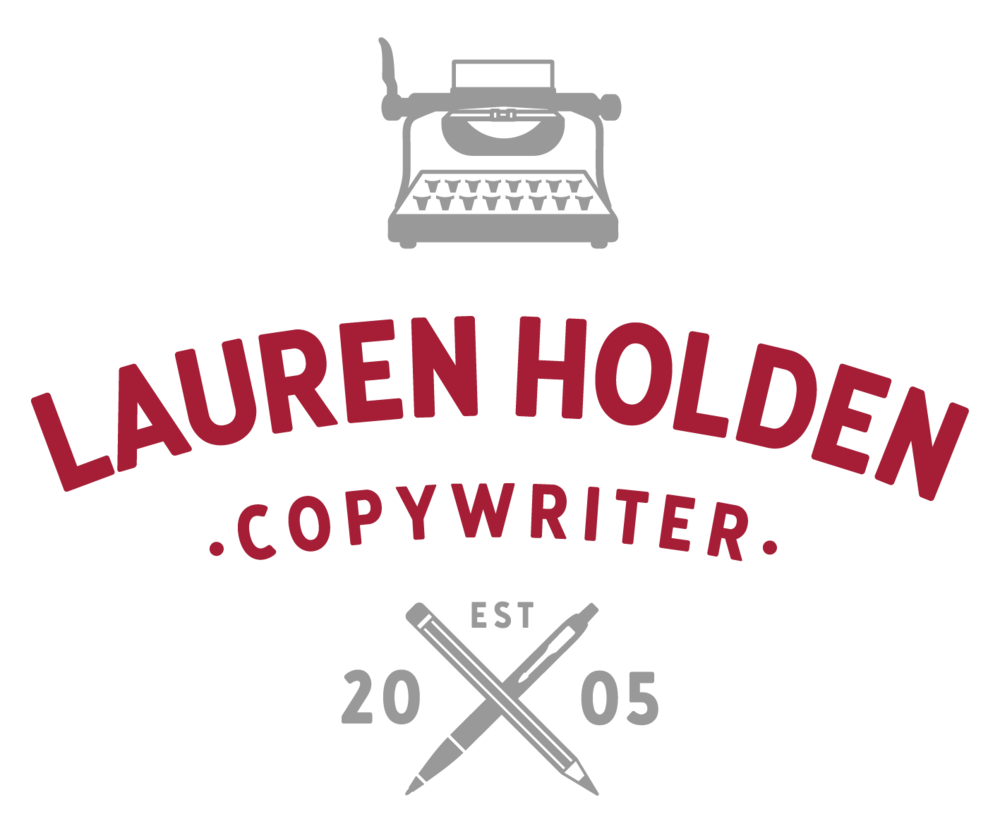Ah, writer’s block. It is indeed a thing - and it’s a very annoying thing.
For me, writer’s block strikes on the days I feel most productive. I bounce out of bed, ready and raring to get stuck into a day’s scribing…and you can bet your bottom dollar that’s the day I’m reaching for my thesaurus and feeling nothing short of bl**dy disheartened.
Writer’s block comes to us all - and you don’t need to be a writer to suffer from it. Whether you’re wracking your brains over an email to send to your boss or you’re revising your CV ahead of applying for a new role, you’ll face a day when the words just ain’t a-coming. If it rears its ugly head for you too, here’s what to try…
Have a Break
Go on, have a break…and have a KitKat while you’re at it. If you can’t find the words you need, don’t force ‘em. You’ll only wind up feeling frustrated if you do.
So, switch off your laptop, make yourself a cuppa, go for a wander or have a chat to a pal - if you can. Admittedly, this may only work if you’re self-employed, or if it’s the weekend. Go walkabout from your office role for too long and you may have a very bemused boss on your hands.
If you can though, give yourself however long you need to take some time out and I promise you’ll feel much better afterwards. You may still not find the words, but at least you won’t be tearing your hair out while you stare at a blank Word document.
Just Get Something Down. Anything.
Trying to write something truly creative? Plenty of writers will tell you to just get something down on the page - even if you think it’s a pile of tosh. I’ll be honest…this doesn’t work for me. In fact, it only makes me feel worse when I see that what I’ve written is, well, pretty dire.
It’s a trick that’s tried and trusted by many a copywriter, though - and it may just do the job for you too.
Try an old-fashioned brainstorm (or mind map, as is the more PC phrase these days) and come up with some themes and subjects that will give you some much-needed inspiration to keep the words a-flowing.
Ask a Pal
It isn’t cheating to ask someone else for a dash of inspiration; some of the world’s greatest writers are believed to have taken their cues from wordsmiths of years gone by.
So, ask someone - writer or otherwise - if they have any bright ideas for how you can pen your intro to your email, or the bio for your CV. They may not come up with the winning idea, but they may well lead you down a path that allows you to come up with something great of your own accord.
Read Something Else
Stop reading what you’ve written and feeling bad about how little you’ve got down. Instead, down tools and pick up a book. This is the same as having a break from your screen, except the act of reading someone else’s words may well spark your imagination to help you come up with some text of your own.
Admit Defeat. Yes, Really!
If the words aren’t popping out of your head and onto the page, don’t stress. If your deadline will allow, just admit defeat. I know, this goes against all the traditional advice about writer’s block, but stuff it! I’m a big believer in not forcing creativity. Some days, we produce excellent work - writing or otherwise - and some days we don’t. Simple.
So, pop on a Netflix episode, grab a slice of cake, kick back and relax. I bet those words will come tomorrow.
How do you tackle writer’s block? Do you plough on through and get something down on paper regardless - or do you switch off your laptop and vow to come back to the task in hand tomorrow? Let me know in the comments section below…
Until next time…



